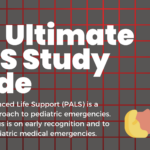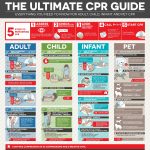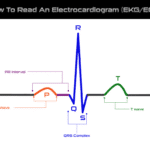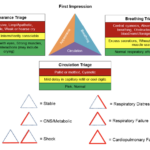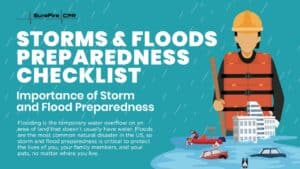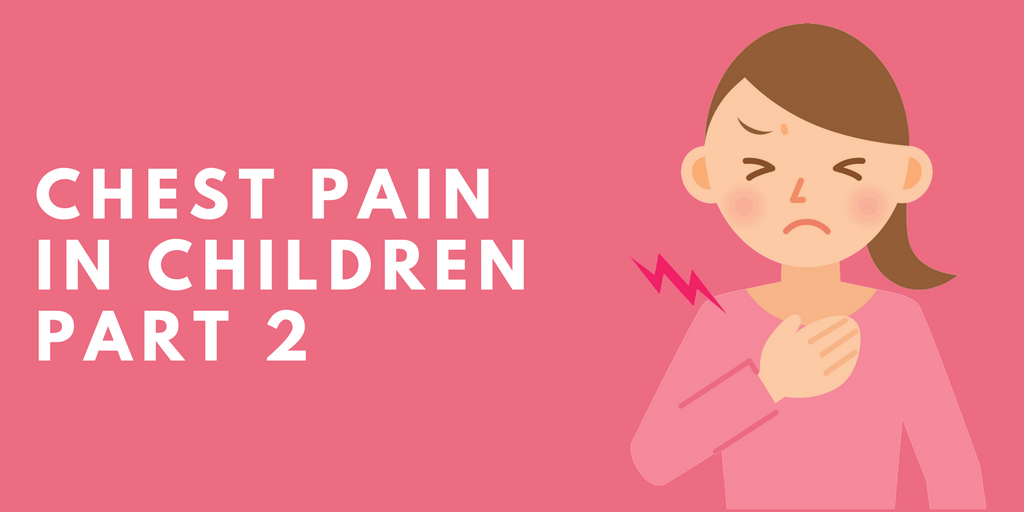
Uncommon to children is the complaint of chest pain that is related to cardiac injury or illness. Typical pediatric chest pain complaints are due to minor injury, illness or even stress. But when there is a cardiac cause for a child’s chest pain, serious concerns can be raised. Part Two of this article presents possible causes for chest discomfort in a child.
Cincinnati Children’s Hospital lists a few of the very rare causes of pediatric cardiac pain. Infrequent in presentation within the pediatric population, the occasional conditions listed below can occur.
- Pericarditis: an inflammation of the lining surrounding the heart. Symptoms are usually sharp chest pain around the sternum, occasionally radiating to the shoulders. The cause of pericarditis is generally from infection and can usually be treated with antibiotics.
- Coronary Artery abnormalities: usually a congenital caused condition, symptoms mimic those found in adult chest pain. Acquired diseases such as Kawasaki’s disease can also be an underlying condition for this type of chest pain and treatment will depend on the nature of the condition itself. Seeking prompt treatment from a physician is required
- to help mitigate the effects of coronary artery abnormalities.
- Mitral Valve Prolapse: a mild abnormality of the heart valve in the left ventricle of the heart. Symptoms are generally benign and treatment is determined by the physician, usually left to run an uncomplicated course.
These are only three possible causes of pediatric chest pain. Other causes can include an over-increase in fluid or air causing discomfort, inflammation in the chest and possible illnesses of the lungs or asthma. Astute monitoring of chest discomfort in children is necessary to rule out cardiac origin, even with the rare occurrence of such in children.
Chest Pain Questions That Parents Need to Address
A child’s chest pain may range from mild to severe. In some cases, the chest pain may occur multiple times per week for 10 to 20 seconds at a time. Perhaps worst of all, kids might fail to tell their parents about chest pain, and the issue could escalate over time.
If your child comes to you about chest pain, it is important to address the issue immediately. Even minor chest pain can become a severe problem for your son or daughter. However, parents who maintain an open dialogue with their child may be better equipped than others to help their sons or daughters manage chest pain.
CCH points out most kids complain about chest pain between the age of 7 and their teenage years. Fortunately, most chest pain is related to musculoskeletal pain, stress or viral illnesses, and an underlying heart condition is discovered in less than 1 percent of kids who experience chest pain.
Furthermore, CCH indicates parents should ask themselves the following questions to address their chest pain concerns:
- Has my child been sick over the past few weeks? Costochondritis is one of the most common causes of chest pain in children. It is caused by a viral illness and results in inflammation between the breastbone and ribs. Although costochondritis may seem problematic at first, parents can mitigate this issue with a prescription anti-inflammatory.
- Has my child suffered an injury recently? If your son or daughter was injured while playing sports or performing other high-intensity activities, he or she may experience chest pain. And if your child’s chest pain after an injury is severe and long-lasting, you should have your child checked out by a pediatrician.
- Is my child dealing with a lot of stress? There is a direct link between stress and chest pain. Kids frequently stress about homework, friendships and assorted school problems, and minor chest pain associated with stress should disappear after a short period of time. If your child’s chest pain lingers, you should consult with a pediatrician.
- When does the chest pain occur? According to CCH, chest pain from non-cardiac causes commonly occurs when a child is active or at rest. On the other hand, chest pain that happens immediately after a child participates in vigorous activity may require support from advanced medical personnel.
- Is the chest pain mild or severe? CCH states mild-to-moderate chest pain is unrelated to the heart. Conversely, chest pain that is severe and sudden may be a sign of pericarditis, a rare inflammatory condition of the heart. If you believe your child may be dealing with pericarditis, you should discuss your concerns with a pediatrician.
Calling 9-1-1 to activate pre-hospital assistance and the Pediatric Life Support (PALS) protocols is the first and most appropriate step to take when suspicion of cardiac chest pain occurs in a child.
That way, you can provide your child with advanced medical support.
Remember, when it comes to your child’s health, there is no need to leave anything to chance. If your child experiences chest pain, err on the side of caution by calling 911 right away.

